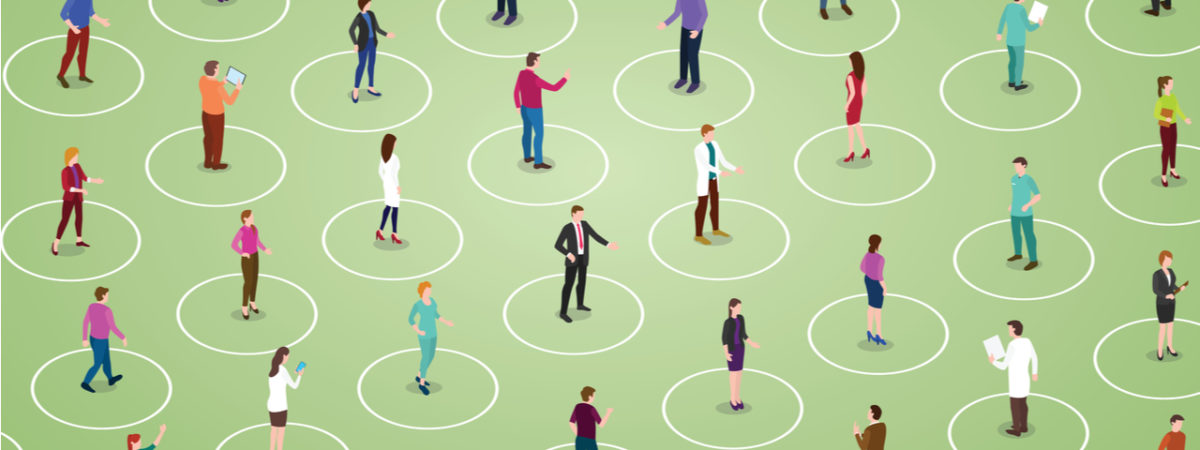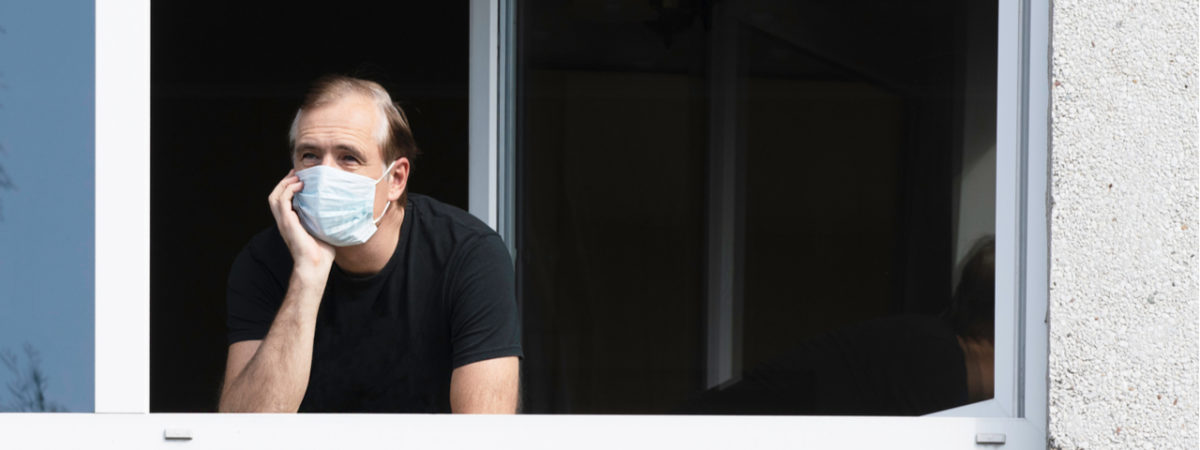The economic value of human life
SUGGESTED



- Covid-19 has brought to light grim examples of familiar problems in health economics and cost-benefit analysis. Sometimes “tragic choices” need to be made;
- There is nothing wrong with trying to put a monetary value on a human life, or even arguing that some might be worth less than others. This is not “eugenics”; it is about using limited resources in the fairest way;
- It is reasonable to take into account that mortality rates are far higher for the elderly and those with pre-existing conditions;
- Likewise, we must be aware of the “identifiable victim” problem: focusing on those at risk from Covid-19, and not the harms done to others by policy responses;
- The economic downturn could plausibly result in a total loss of GDP of about £250 billion in 2020 and 2021 combined, relative to the pre-Covid path. The fiscal costs could be even greater;
- There may be a risk of over-estimating how much of these costs are due to the lockdown: the economy was already weakening before lockdown began, and individuals may change their behaviour anyway;
- But there is also plenty of evidence that the lockdown is having a substantial impact. If not, this would be another reason to ask why it is necessary at all;
- Cost-benefit analyses of policy interventions are complicated by a number of factors – the difficulty of making international comparisons, or of comparing apples (Covid deaths), oranges (other impacts on health) and pears (economic and fiscal costs);
- But the longer the economy is kept shuttered, the greater the risk that the damage will be permanent;
- It is reasonable to conclude that the lockdown may have been worth it originally, but is no longer so now.
Policymakers must not shy away from putting a monetary value on human life as we continue to assess the effectiveness of lockdown, says a new paper from the Institute of Economic Affairs, authored by Economics Fellow Julian Jessop.
Is the lockdown worth it? examines the ongoing argument about easing or ending the lockdown restrictions and considers numerous factors that will affect government decisions.
The report emphasises the importance of putting a monetary value on life as a tool to make cost-benefit analyses about the effectiveness of lockdown and makes clear that while people may feel squeamish about looking at human life in financial terms, such calculations are necessary to make the most of limited resources in the fairest and most effective way.
Jessop goes on to examine the “identifiable victim” problem – a situation whereby policymakers tend to focus on those lives lost to coronavirus as the main victims of the pandemic, overlooking people whose lives are lost or impacted by lockdown due to circumstances including domestic abuse, missed medical appointments, or suicide. Lack of quantifiable data in this area has led government to put too little weight on less visible costs when assessing whether the lockdown should be ended.
The economic costs of lockdown also need to be taken into account – but Jessop notes that these will not all be a result of government action. Economic output was already slowing in March before the official lockdown began as the public made their own choices to reduce social activity and avoid crowded shops and restaurants.
In this case it would be wrong to say all economic damage from lockdown could have been avoided or could be limited if lockdown were ended as the public will likely continue to social distance beyond the period advised by government.
Based on the evidence to date, Jessop concludes that it may still be right to focus on the impact on health and wellbeing rather than any short-term economic costs. But the “balance is shifting even on this score,” given the growing evidence of harms that the lockdown is doing to others, including patients who are not getting treated for other conditions, and younger people who are missing out on education and job opportunities. In addition, the longer the economy is kept shuttered, the greater the risk that the damage will be permanent, making it that much harder to pay for better public services and infrastructure in the future.
Julian Jessop, IEA Economics Fellow and author of the briefing paper said:
“Policymakers frequently have to put a monetary value on human life and it is right they continue to do so during the coronavirus pandemic.
“However, they need to take a holistic view – looking at lives that will be lost and other harms done as a result of the lockdown– as there is a growing risk that more damage will be caused as a result of the lockdown than might be saved by it.
“The recession facing the United Kingdom is unprecedented. While it may be intentional as we want economic activity to halt temporarily, the longer the lockdown continues, the greater the risk of permanent economic and social damage.”
ENDS
Coronavirus and the economic value of human life or… Is the lockdown worth it? is under embargo until 00.01 on Thursday 25th June 2020. An embargoed copy of the report can be found here.
Julian Jessop, Economics Fellow and former Chief Economist at the Institute of Economic Affairs, is available for further comment. His webinar on the value of a human life can be found here: https://www.youtube.com/watch?v=g1F4CngqyEQ
The mission of the Institute of Economic Affairs is to improve understanding of the fundamental institutions of a free society by analysing and expounding the role of markets in solving economic and social problems. The IEA is a registered educational charity and independent of all political parties.



